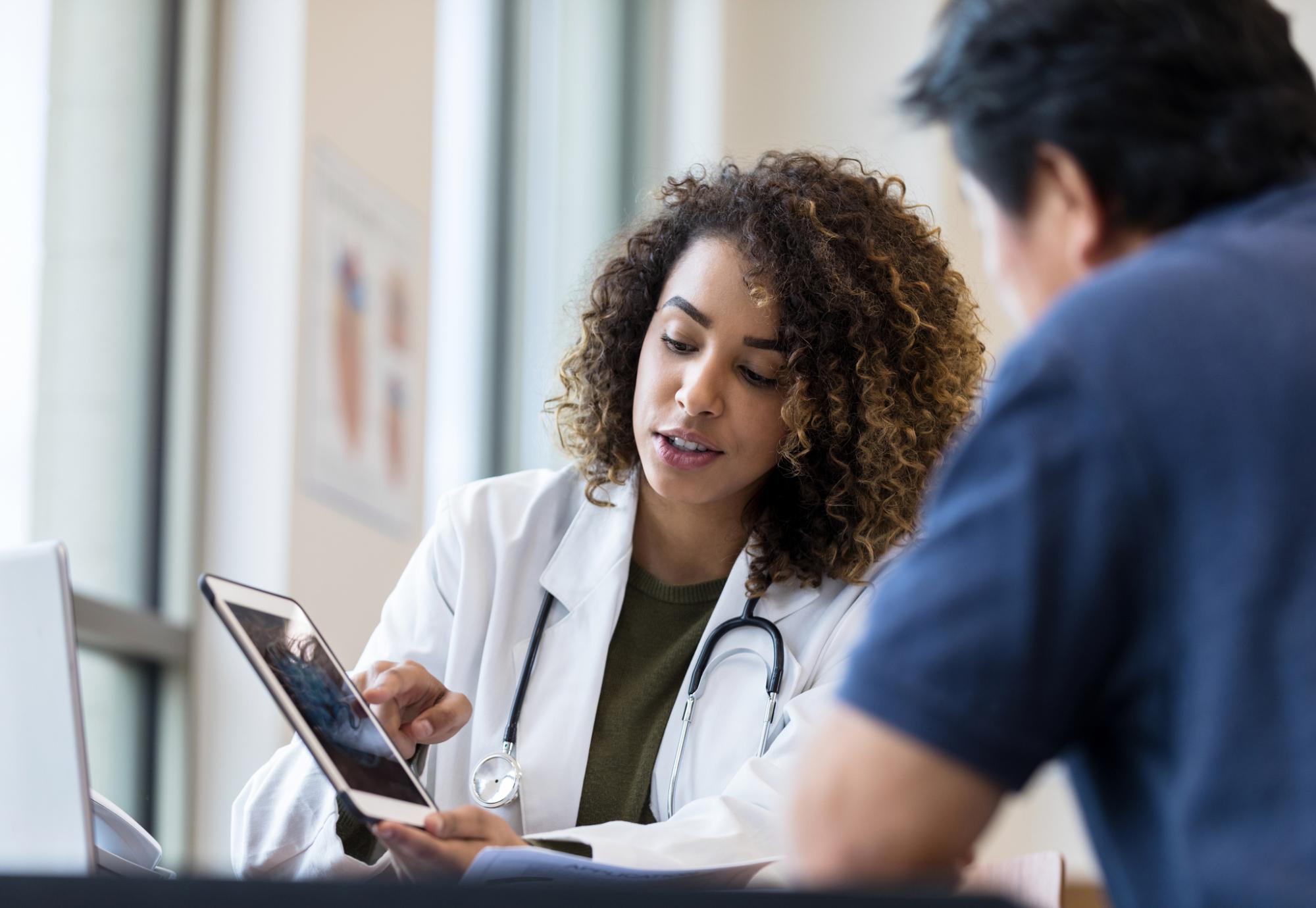Research being led byThe University of Manchester and Manchester University NHS Foundation Trust has seen implantable heart technology being used to better monitor and assess when a patient is at high risk of dying.
The implantable pacemakers and defibrillators contain multiple sensors which allow for continuous, 24-hour monitoring of a patient’s heart health.
The study, which has been published in the peer-reviewed medical journal EP Europace, had been funded by the Medical Research Council and represents a collaboration between The University of Manchester, Manchester University NHS FT, Health Innovation Manchester and the manufacturers.
Over a span of two years, researchers examined remotely monitored health-related data from 439 patients being cared for at Manchester Royal Infirmary. The study reported a three-fold increase in the odds of mortality for patients who spent at least one day in ‘high-risk’ status.
A combination of nine factors were used to determine the different levels of risk status.
There was also a 26% increase in the odds of mortality for patients who had 14 consecutive days or more in a high-risk status; compared with those who high-risk episodes were shorter.
As part of the research, the team is investigating if integration of the remotely-monitored device data into healthcare pathways can reduce hospitalisations and mortality.
Dr Fozia Ahmed, Honorary Reader in Cardiovascular Sciences from The University of Manchester and Consultant Cardiologist at The Manchester Heart Centre, and one of the co-authors of the research, said: “Remote monitoring capabilities of modern-day cardiac devices enables continuous monitoring of health-related data in the patients’ own homes.
“The data can help identify when there is a potentially significant shift in a patient’s clinical condition, helping to predict future adverse clinical events, such as hospitalisation and death.
“Historically, cardiologists have seen patients at six to 12-month hospital-based appointments. If a patient with heart failure is unwell between appointments, then we rely on the patient getting in touch.
“But patients don’t always know they are unwell until it is too late.
“We believe this technology could be a game-changer in the management of cardiac patients, particularly those with heart failure.
“In Greater Manchester, based on the data from the research, we have started to use the device-derived alerts, which notify the care team when a patient is detected by the device as ‘high-risk’, prompting a telephone consultation with a specialist.
“The whole process from detection of a high-risk episode, through to assessment and follow-up is known as the TriageHF Plus care pathway – originally developed in Manchester, it is now being used more widely.”
Dr Camilla Sammut-Powell, from the NIHR Applied Research Collaboration Greater Manchester at The University of Manchester and lead statistician for the research, added: “This is the first prospective study to show that remotely monitored cardiovascular implantable electronic device (CIED) data, summarised as a risk score, can be used to predict mortality.
“This routinely monitored data, automatically collected every day, can help discriminate between patients at high and low risk of death.
“Such information may personalise a clinician’s decision making towards ensuring that the patient is in receipt of therapies designed to improve their long-term prognosis.”



















